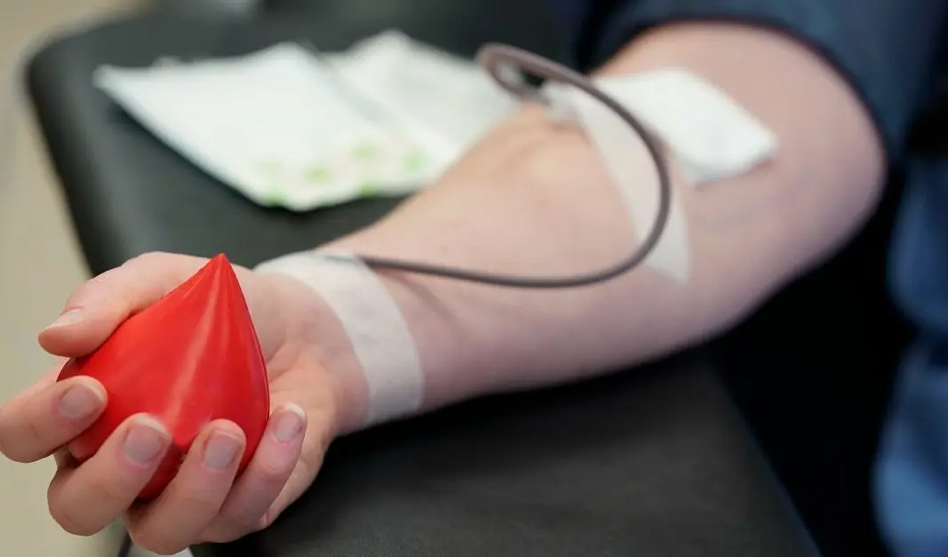
The Food and Drug Administration has reportedly issued a draft guidance today (Friday, Jan. 27) lifting the ban on blood donations by gay men that dates back to the onset of the AIDS epidemic in the 1980s.
New guidelines are said to focus on sexual behaviors rather than sexual orientation or gender identities in determining an individual’s risk of transmitting HIV through a blood donation.
Carl Schmid, executive director of the HIV+ Hepatitis Policy Institute, issued a statement applauding the change, saying, “This marks a monumental shift and ends a long and painful era of blanket discrimination against gay men. No longer will eligibility to donate blood be based on sexual orientation. Instead, every person, no matter their sexuality, will be reviewed individually in order to determine their eligibility to donate.
“While this long-overdue change is being made based on the science and the facts, which has been clear for years, it is the result of the leadership of the Biden administration that continues to tear down discriminatory government policies,” he added.
The press release from the institute noted that the rule imposed in the 1980s banned men who have sex with men from donating blood for life. The Obama administration updated the policy in 2015 to allow gay men who had not had sex with another man for the past 12 months to donate blood. Then in 2020, the Trump administration reduced the ban to three months, but still applied it to all gay men.
“Today’s draft guidance removes the restrictions based on sexual orientation and moves it to sexual behavior,” the press release noted. “Under the proposal, all blood donors will be screened for HIV risk in the same way, with restrictions on donation based on sexual activity over the three months prior to the donation. This should enlarge the pool of blood donors at a time of historic shortages in the nation’s blood supply while continuing to ensure its safety.”
People living with HIV would still be banned from donating blood, along with people on PrEP, which are drugs that prevent HIV. The draft guidelines are open for public comment for 60 days.
— Tammye Nash












